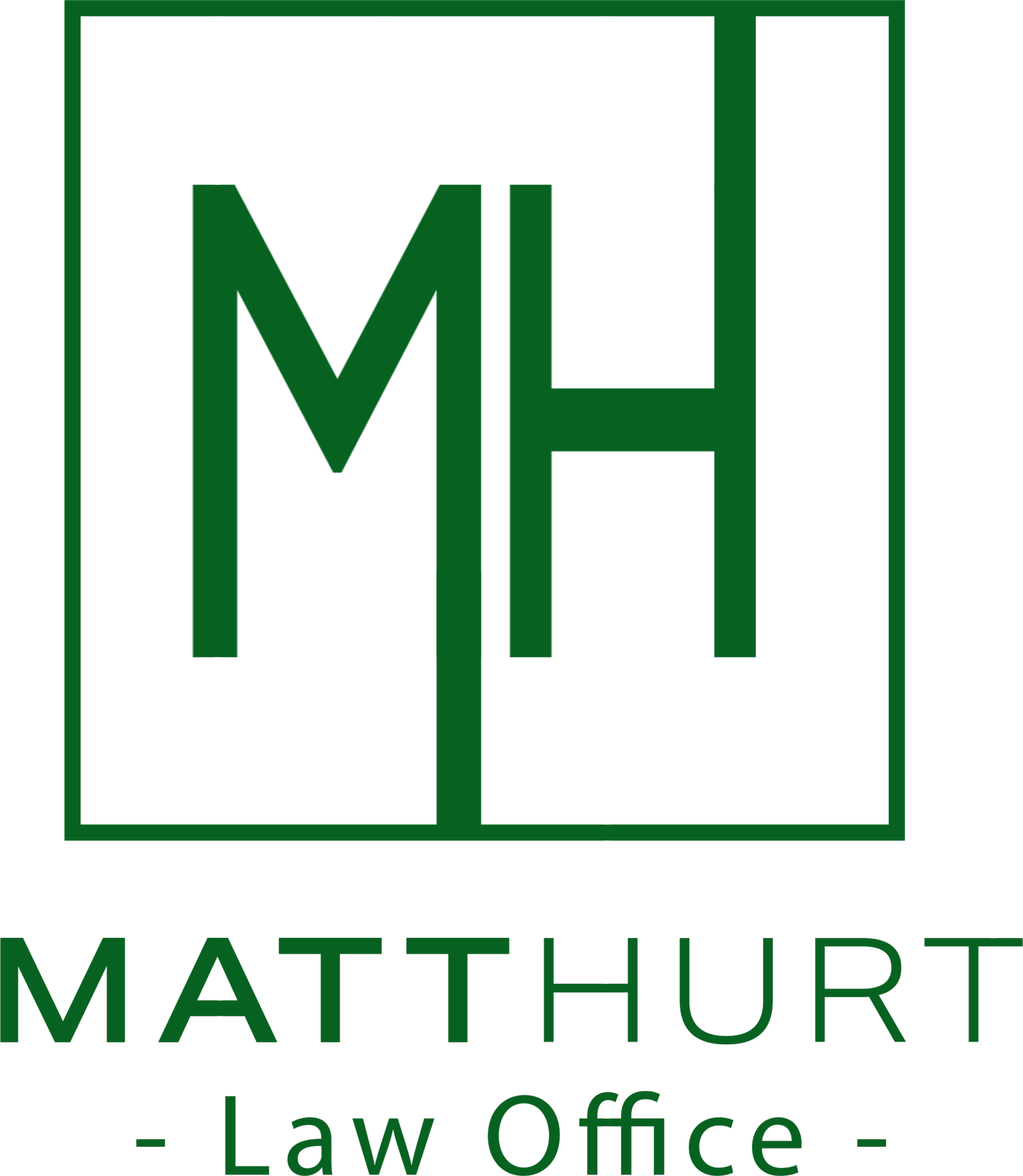FREQUENTLY ASKED QUESTIONS ABOUT EMINENT DOMAIN IN TEXAS
-
Under the United States and Texas Constitutions, the government has the right of eminent domain. That means government entities can seize private property for public use. The process by which this is done is called “condemnation.”
-
In Texas, the eminent domain process begins when a condemning entity makes plans for a public project. The projects’ location determines which properties will be affected.
Next, the condemning entity must make a bona fide offer to acquire the property voluntarily. Before doing so, the entity must obtain a written appraisal from a certified appraiser as to the value of the property and any damages to the landowner’s remaining property.
Read more about how the eminent domain condemnation process works.
-
When TxDOT or some other entity with eminent domain authority selects a property for condemnation, one of the first steps in the process is requesting the right to enter the property to conduct a professional survey of the land.
Texas eminent domain laws do not include any right to entry statutes, so a property owner can absolutely refuse to give them access. However, this usually won’t stop the survey or the condemnation process from eventually proceeding.
Can I Prevent My Property from Being Taken Under Eminent Domain Laws?
Your land has been targeted for purchase against your wishes. Can you prevent it from being taken through eminent domain laws?
Texas and United States eminent domain laws allow the government the right to force the acquisition of private property, but several requirements must be met before a private landowner is required to give up their land:
Only a government entity, or a private entity acting under government authority, has the right to exercise eminent domain.
The land acquisition must be for public use.
The landowner must receive just compensation for their land.
In most cases, the first 2 requirements are difficult to fight in court. However, it can be possible depending on the circumstances.
WHO HAS EMINENT DOMAIN AUTHORITY?
The first question in an eminent domain case in Texas is usually, does the condemning entity actually have the right of eminent domain?
“Condemnation” is the process of exercising eminent domain powers. The condemning entity is the one trying to acquire your land. If the entity is not a government authority or a private entity acting with government authorization, then they do not have the right to force you to sell your property.
PUBLIC USE OR PURPOSE
In order to exercise eminent domain authority, the land must be purchased for public use or purpose. This means that whatever the land is going to be used for will be of benefit to the general public. Depending on the circumstances, you may be able to prevent your property from being taken through eminent domain if a court determines that the condemnation is not for a public use project.
Examples of a government entity exercising eminent domain would be purchasing private land along a highway for expansion of the road. An example of a private entity working under government authority would be an NFL team purchasing land to build a new stadium or a health care cooperative building a new hospital.
JUST COMPENSATION
You are not required to accept the first offer the condemning authority makes for compensation for your land; however, you cannot prevent your property from being taken through eminent domain just because you are not able to reach an agreement regarding fair compensation for your land.
The court or condemnation commissions will determine a fair market value for your property, but you have the right to legal representation throughout the process. A Texas eminent domain lawyer can help you look for cause to refute condemnation proceedings, and if there is no just cause, then your attorney can negotiate for a better deal than you were offered.

